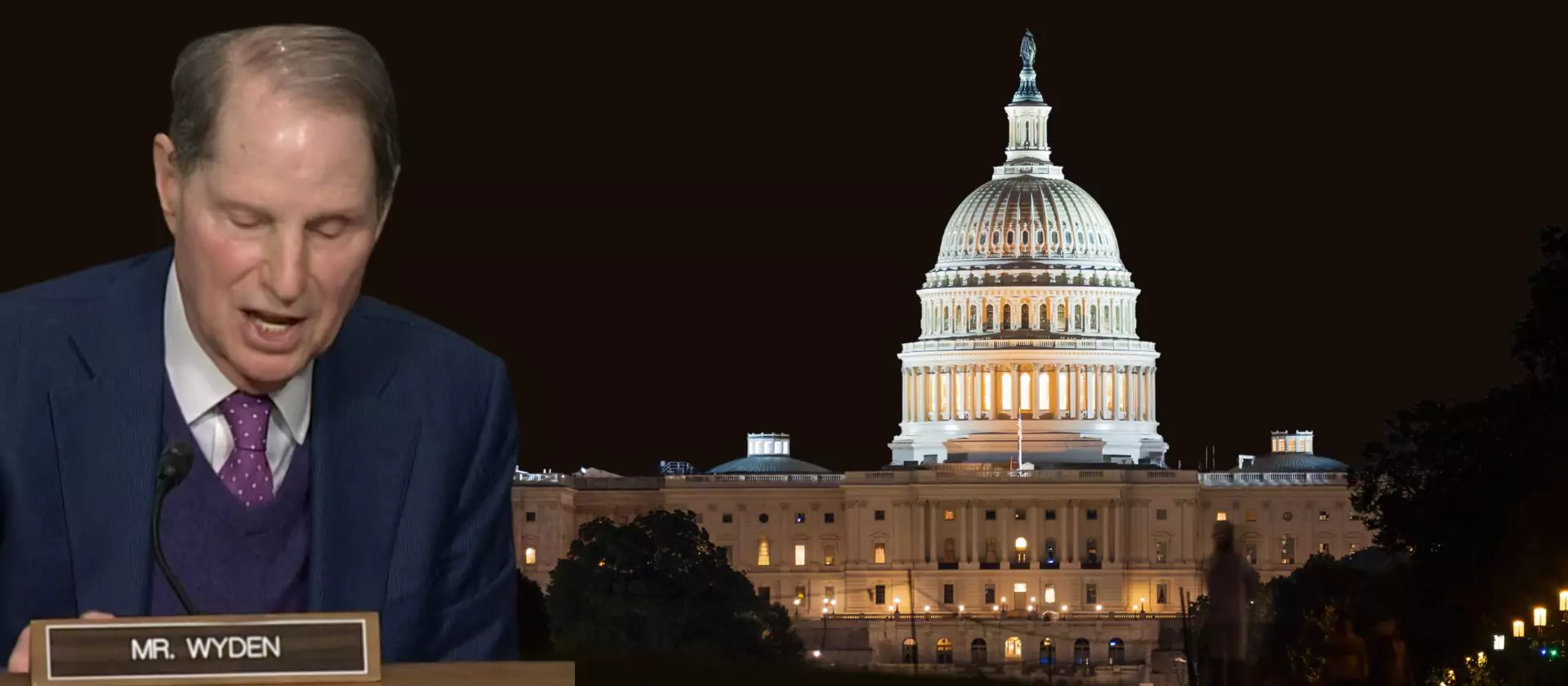The first lesson in Oregon Corporate Taxes 101: if you’re paying them, get a new accountant. About two thirds of Oregon’s corporations, or 23,000 corporations, pay just the $10 corporate minimum tax. Virtually all S-Corporations, the 42,000 or so corporations that choose to pass all of their net income (and losses) to their shareholders to avoid the federal corporate income tax, pay the $10 fee, too.
Oregon’s corporations are getting off cheap due to a benevolent Legislative Assembly. The legislature established the corporate minimum tax in 1929, setting it at $25. Later that year the stock market crashed and the Great Depression began. The 1931 Legislative Assembly showed its compassion by lowering the tax to $10. Ignored by the Legislative Assembly, it has been frozen there ever since.
Since 1929, the tax code and the configuration of corporations have become more complex (multi-state and international, for example), making the state revenue department’s review of their tax returns more time consuming and more difficult. Even the most ardent anti-tax advocate would agree that the costs of government rose somewhat over the last 70-plus years.
So, while government can’t pay its tax collectors or buy them office supplies at 1929 prices, Corporate Oregon gets to pay a minimum tax at those pre-Depression rates. If the Legislative Assembly had indexed the 1929 corporate minimum tax to inflation, the minimum tax would be over $260 today – a bargain at twice the price.
Individuals pay income taxes regardless of their expenses and whether they have something left over in the bank at the end of the year. Households don’t get to avoid the tax collector when expenses exceed income. Laid-off workers, who only collected unemployment insurance at a fraction of their former salaries, even owe Oregon income taxes.
Corporate income taxes, on the other hand, are only paid on profits. But many profitable companies are getting away with paying the minimum $10 tax because they enjoy so many generous tax breaks and accounting gimmicks. We know that only 14,000 corporations reported a loss in 2000, but almost twice that many got away paying only ten bucks in state income taxes.
We don’t know which Oregon corporations are good corporate citizens paying their share of Oregon’s taxes, and which ones avoid taxes through Enron-style accounting gimmicks and the use of tax breaks. A corporate tax disclosure law would shine the light on the good corporate citizens, as well as those who’ve practiced Corporate Tax 101 and figured out a way to escape paying for the benefits of the civilized society in which they do business.
Two-thirds of Oregon’s corporations are taxing the ability of the state to review their tax returns at less than 1929 prices. Besides shedding light on who they are, the Legislative Assembly should raise the corporate minimum tax to at least the level it was in 1929 – $260 in today’s dollar terms.
Such a change would raise about $33 million a biennium. Besides paying the Department of Revenue a fair price for reviewing their tax returns, I can think of a host of public services that money could support – services that improve Oregon’s business climate.
Charles Sheketoff is executive director of the Oregon Center for Public Policy
###
More about: business climate





